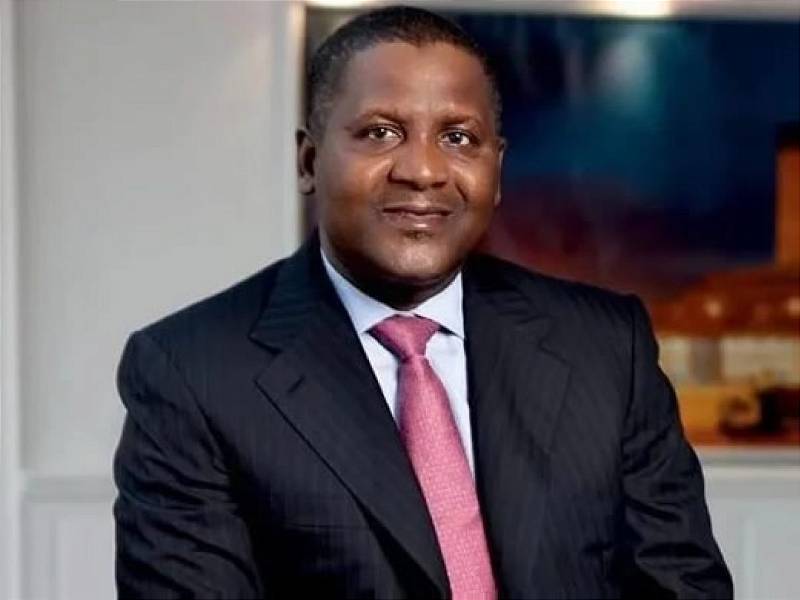An entrepreneur, Mr Muideen Ibrahim, says locally-produced pencils will save the country over $2.4 billion (N734.4 billion) if encouraged and supported by the Federal Government with enabling policies.
Ibrahim, the Chief Executive Officer, BAMIB Resources and Investment Company Ltd., made this known in an interview with the News Agency of Nigeria (NAN) in Lagos on Monday.
Ibrahim said it was important for government to discourage importation of goods and services that could be produced in the country.

The manufacturer called on government to support indigenous pencil companies to prevent importation of the product.
According to him, if we are supported and encouraged, it will save government about $2.4 billion on importation of pencils annually.
“There are a lot of multiplier effects we shall give the country.
“Some of which are backward integration of our major raw materials and basic components, massive employment opportunities and contribution to the Gross Domestic Product.
“Also strategic investments in other regions and Foreign Direct Investments, amongst others, ‘’ he said.
Ibrahim said there was need for the government to increase the tariffs on imported pencils or place a technical ban on its importation to encourage indigenous pencil manufacturers.
He said this had worked in the rice sector and other allied products.
He said as a result of this, a lot of people were into rice production at the moment and the country was getting better for rice production.
Ibrahim urged the government to do something urgently for the local pencil manufacturers as they were suffering.
He implored the government to enforce the Executive Order 3 and Executive Order 5 respectively to the letter for effective patronage of local products.
He said: “Unfortunately, government is still paying lip service to this very good and apt Executive Orders. There must be a committee that will drive these orders and make them work.
“Not only that, the government must `walk the talk’ on Ease of Doing Business. This is one of the ways to help local manufacturers.
“Aside from that, there must be aggressive promotions on patriotism, among others.
“I wonder what is happening to the National Orientation Agency. That agency used to be very vibrant in those days.
“Call the manufacturers to a round table discussion and the government must as a matter of fact implement their decisions. The bane of our challenge in this country is implementation of policies.’’
The entrepreneur said BAMIB’s production capacity currently stood in excess of 450 million pencils per annum.
He said there was room for expansion, saying that it was a function of demand and supply.
He said the company had not broken even and could not even meet its obligations as and when due because of many challenges that were militating against it.
Ibrahim said the challenges were surmountable if government intervened to ensure sustainability.
“The challenges confronting us are so numerous, some of which are unhealthy rivalry and stiff competition by low quality pencils from some foreign countries.
“They use price mechanism to push us out of the market and we cannot sell below our cost price. We are operating in a harsh environment and thereby making our production cost high.
“Multiple taxation is another big challenge and ports congestion. There are so many agencies at the various ports. Technology can be deployed to the ports for efficiency and effectiveness,’’ the entrepreneur said.
According to him, government should increase the tariffs on imported pencils so that local manufacturers can survive.
“Government should implore the Central Bank of Nigeria (CBN) to give pencil manufacturers at least N500 billion Special lntervention Fund at low digit interest rate.
“Government should give us import waivers on the importation of basic components, raw materials and machines, ‘’ he said.
Ibrahim also appealed to government to come up with favourable policies for pencil manufacturers as it was done for agriculture, cement and automobile sectors.
He urged government to also grant pencil manufacturers incentives that could make them survive.
He commended the Bank of Industry (BOI) for always supporting manufacturers, saying that more still needed to be done.
The entrepreneur urged other financial institutions to assist local manufacturers.
Ibrahim urged government to create infrastructure facilities such as good roads and power, saying that many manufacturers used generating sets due to the erratic power supply.
According to him, this makes locally-produced goods more expensive than the imported ones. (NAN)



